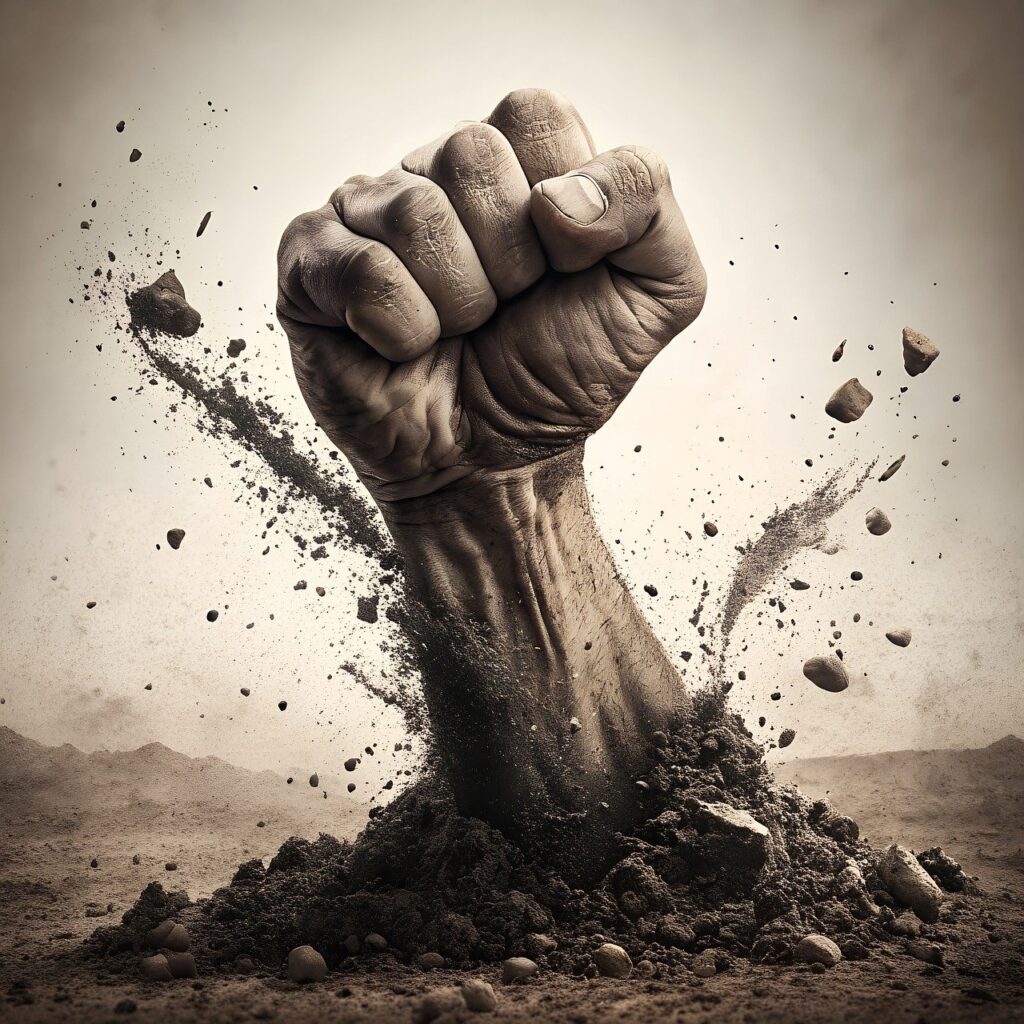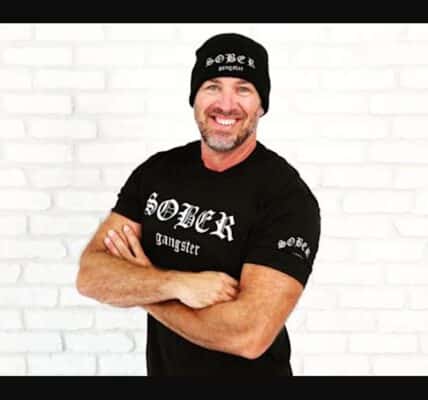You’re Not the Boss of Me!

“You’re not the boss of me!” This childish exclamation has the honor of encompassing some of the deepest, most elemental and valuable human truths. No healthy human is okay with being a slave — not in the physical sense, the intellectual sense, the emotional sense, the moral sense, nor any other possible dimension. We hate that concept so much, we tend to go too far in the other direction, and delight in being difficult and disobedient for the sheer hell of it, just because we can.
Professionals in the advertising game know this very well. It is their particular skill to take what nature intended as a healthy rebellious streak — the righteous instinct to resist tyranny — and pervert it into an argument that convinces us to buy a lot of basically damaging crap. If the writers of ad copy have one overweening message for us, it is that addiction represents freedom. “You deserve a break today” is the quintessential ad slogan — as long as the “break” you choose involves putting money into their corporate coffers.
Psychiatrist Thomas Szasz was an influential author throughout the period loosely known as “the Sixties,” and it is easy to see why. The astonishing number of scholarly articles and books that he published fit the era perfectly. “In a free society,” he wrote, “it is none of the government’s business what ideas a man puts into his mind; likewise, it should be none of its business what drugs he puts into his body.”
Szasz looked back on the days when the established church could torture or execute a person for disagreeing with its doctrines, and likened those historical atrocities to the contemporary persecution of “individuals who engage in consenting homosexual activity in private, or who ingest, inject, or smoke various substances that alter their feelings and thoughts…”
Still, freedom can be neither claimed nor achieved merely by exercising every opportunity that presents itself for gratuitous self-indulgence. In the 1989 non-fiction book Truth or Dare, published almost 40 years ago, the author known as Starhawk spoke of the “culture of punishment” and how it entices us with opportunities for rebellion “that destroy us slowly without challenging the power of the system at all.” That is a rather elegant capsule definition of drug addiction.
In this context, it is enlightening to look back at Elvis Presley and his regime of self-directed “attacks.” It is the perfect word, because his daily drug orgies were directed both by and at his own self.
More recently, Starhawk went on to say,
We can choose from a broad array of addictions that offer us the chance to rebel and administer our own punishment in a single act — for when we smoke, abuse alcohol or drugs, when we literally attack our own bodies with substances that harm us, we are affirming punishment’s essential message: “You have no inherent worth, you do not deserve to live.”
All things considered, it should come as no surprise that there is more to be said on the theme of self-punishment as related to addiction. Substance or alcohol overdose is often considered one of the manifestations of the self-injury impulse. Even over-exercising to the point of injury may be included.
A person can invent a self-perpetuating system that only makes things worse with every attempt — because each time they over-indulge and give in to the substance-craving urge, this adds another instance of wrongdoing to the list of sins they perceive as needing to be punished.
What are the horrible sins for which we feel we must exact vengeance on ourselves? They are different of course in every individual case, but there are general areas where they show up. Most people experience low self-esteem at times — and if they never do, maybe that is, from a whole different angle, part of the problem. There are always relationship conflicts. A source who will remain unnamed says,
My family’s “love language” is, get drunk and holler at each other.
There is interference that reaches the level of bullying, and bossiness based on the power to give or withhold financial support. There are normal, everyday stresses, anxieties, and triggers for depression; and of course many people have officially recognized mental health disorders. Everyone carries grief, trauma and abuse to be somehow reckoned with, even if the incidents were decades in the past.
Today’s final word rests with that contrarian Thomas Szasz, discussing recreational drug use in the context of existential freedom:
Addiction, obesity, starvation (anorexia nervosa) are political problems, not psychiatric: each condense and expresses a contest between the individual and some other person or persons in his environment over the control of the individual’s body.
Written by Pat Hartman. First published November 7, 2025.
Sources:
“Thomas Szasz quotes” AZQuotes.com, undated.
“Truth or Dare,” HarperCollins, 1989.




